I’m preaching a parish mission in Lewisburg, Pennsylvania. Central Pennsylvania is home to many picturesque small farms. They are invariably well kept by the hard working Mennonite community.
Driving home from Mass at St George Church, Mifflinburg we saw about a dozen horse and buggies full of Mennonite folks making their way home from church. Up the road three Mennonite girls were on their bikes–also making their way home from church.
The whole scene is very quaint and its easy to imagine an idyllic rural existence, but I know their life is hard and they face the same human foibles and failures, sorrows and sins that all of us face, but what got me thinking about them and their life is how they exist in this extraordinary bubble–this time capsule. Here in modern America they use horse and carriage for transportation, live without electricity and modern conveniences. They live in a voluntary exile–in the world but not of the world. They have chosen their rural ghetto and they live with it.
But are they so strange? It seems to me that we all do the same thing. We select our tribe–whether it is religious or political, academic or athletic, ethnic or cultural. Me? I belong to the conservative Catholic convert tribe. I know this and I don’t mind. I hope I avoid the narrow mindedness and negativities of belonging to a tribe, but belong I do and I think everyone, for a sake of security and stability belongs to some kind of tribe or another–even if only just a little bit.
Is that such a bad thing? Not necessarily. The problem comes when we believe our tribe is better than every other in every way. No doubt some tribes are superior to others, but that would be because their beliefs are more true or contain a fuller expression of truth than the others–not because the tribal members are superior morally, intellectually, religiously, racially or in any other way.
It is the beliefs and values of the tribe which make it inferior or superior. Is there a way to judge those beliefs and values? I think there is. The beliefs and values must be superior which embrace and allow for and make room for as many of the good things from the other belief and value systems as possible.
This is one of the main reasons I am Catholic–because Catholicism really is universal. As a Catholic I can hold fully to the whole of Catholic teaching, but part of that Catholic teaching is that I must acknowledge what is beautiful, good and true in the systems and tribes that are other than my own.
This is why I can see the Mennonites and rejoice. I want to affirm the good things they affirm, and I can do the same with Mormons, and Muslims. Buddhists and Baptists, Anglicans and Assembly of God, African Methodist Episcopal as well as Africans, Methodists and Episcopal.
You get my meaning. It’s Catholic to affirm these things. I’m with the child Therese who, when asked to make a choice of Christmas gift in a basket said, “I will take them all!”
Does that mean we endorse a bland ecumenism or a wishy washy multi faith diversity approach?
No, because to affirm what is beautiful, good and true in them all pre-supposes being justly discerning and critical of them all. There is a hierarchy of truth, and it is also Catholic to see that while there is much to affirm in the Mennonites there is also much to critique.
Finally, Catholicism’s universality is also proved by the fact that whatever is good, beautiful and true in other tribes, religions, sects and ideologies can be found in proper proportion within Catholicism.
Some time ago I came across a lapsed Catholic who had got involved in Eastern mysticism and a kooky New Age cult. She was drawn into it by an interest in meditation and spirituality. I asked her why she hadn’t explored the same thing within Catholicism.
“Nobody told me such a thing was possible.”
“But you went to Catholic school run by nuns.”
“They never taught us about prayer and spirituality and meditation and contemplation…”
“What? Did they teach you to recite the rosary?
“Of course.”
“Well then they DID teach you about meditation, but you were not tuned in enough to realize that is our form of it.”
It may be difficult to discover, but I contend that anything beautiful, good and true in other faiths and religions can be found in Catholicism and this proves the universality and superiority of Catholicism.
Final example: Once when I was staying in a Benedictine monastery I got talking to the monks about my attraction that life. They listened carefully (as all good monks do) and got to know me. Then one of them said quietly, “You are attracted to the Benedictine life because that is the good Mennonite man in you.”
He was right. What I love about the Mennonites I also love about the monks. I’m drawn to their stubborn non conformity. They are both in the world but not of the world. I’m drawn to their simple lifestyle. I’m drawn to the fact that they are a sign of contradiction. I’m drawn to their pacifism, their quietness, their loyalty to tradition, their love of reading and prayer, their love of hard work.
I’m drawn to their creativity and that they wear black clothes and wear beards, and therefore I’m happy to be, in my own way, a Mennonite Monk.

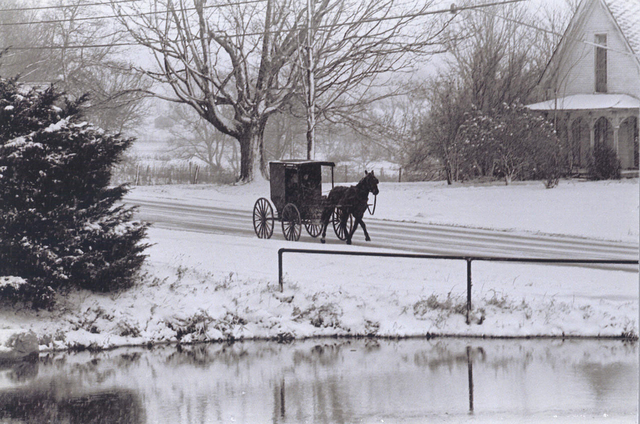
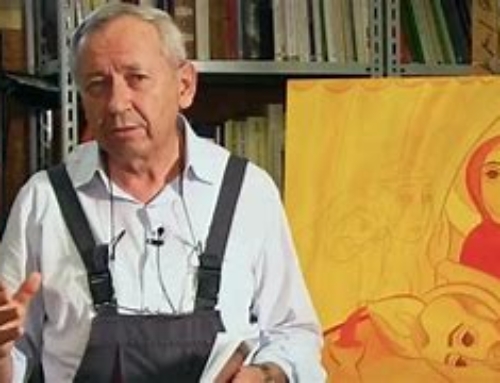
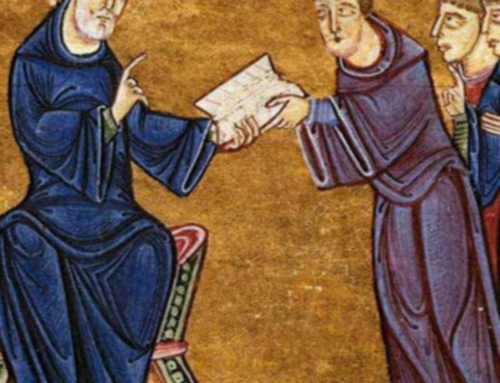

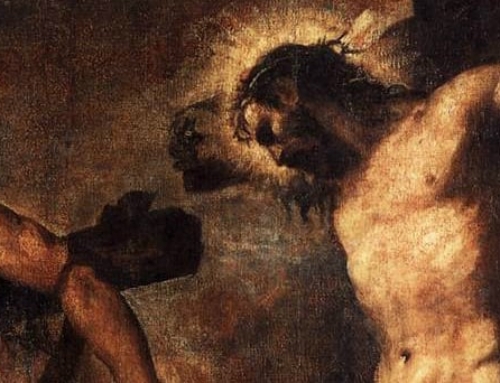
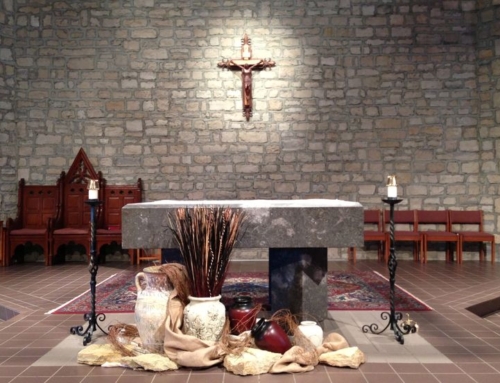
Leave A Comment
You must be logged in to post a comment.